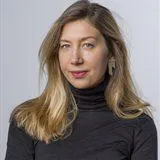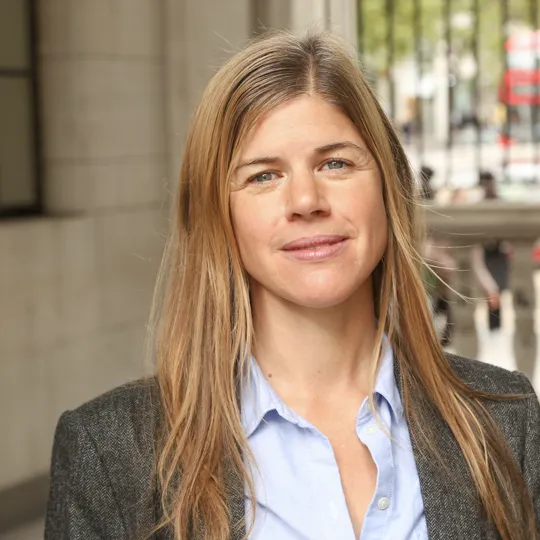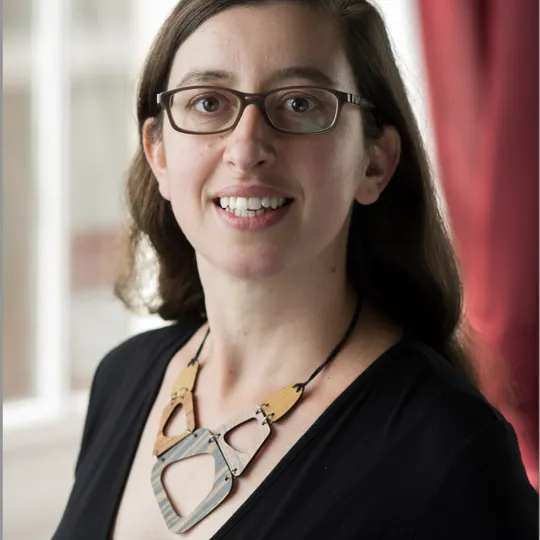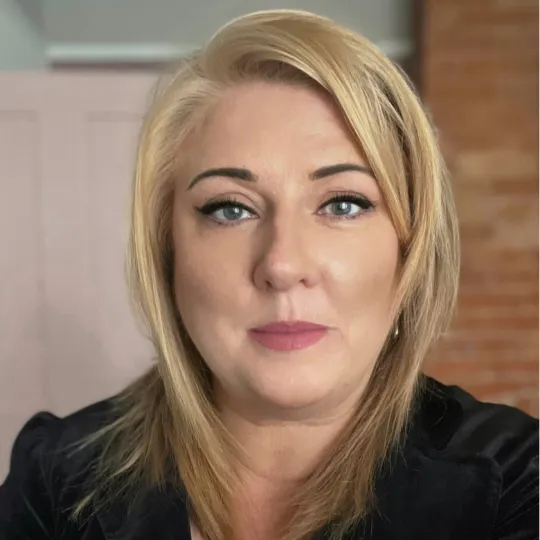King’s is proud to have worked with the APPG for Creative Diversity and this influential group of partners to uncover tangible ways we can ensure a more just and inclusive creative workforce, starting with more sustainable and equitable entry paths into the sector, including the vital role of Higher Education. This research should be seen as a call-to-action, as the findings clearly show that efforts to widen participation and pathways into HE are currently not resulting in a more diverse workforce.
Beatrice Pembroke, Executive Director, King’s Culture
25 October 2023
New research finds access to creative Higher Education remains 'highly unequal'
At the House of Commons, King’s researchers collaborated with the APPG for Creative Diversity to launch a report analysing the effectiveness of pathways to creative Higher Education.
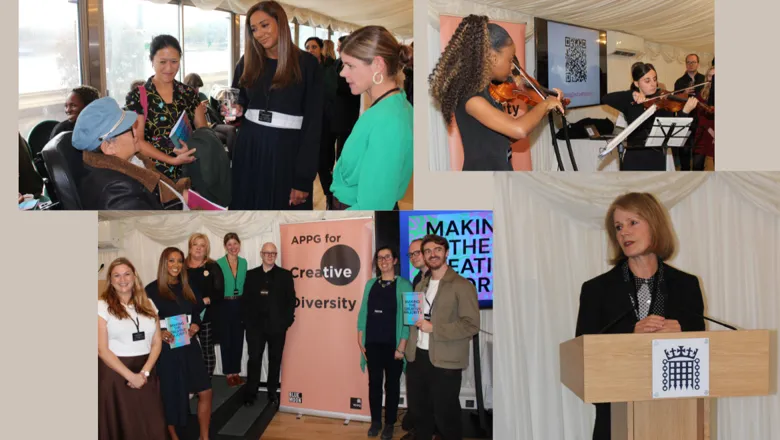
On Monday, a major report commissioned by the All-Party Parliamentary Group (APPG) for Creative Diversity and co-authored by researchers from King’s was launched in the House of Commons in London.
Making the Creative Majority, is a report analysing ‘What Works’ to support diversity and inclusion in creative education and the talent pipeline with a focus on the 16+ age category. It presents a comprehensive understanding of the efficacy of current creative Higher Education (HE) pathways and indicates key recommendations to improve diversity and inclusion in the arts sector .
The report identifies that Higher Education Institution (HEIs) and UK Government policy interventions currently centre on encouraging underrepresented groups to apply to creative courses, instead of targeting institutional change. Making the Creative Majority advises a more diverse creative economy will only be achieved if responsibility shifts back to UK Government and HEIs and makes key recommendations on how they can achieve this.
Further findings show that Russell Group institutions have the most work to do to support diversity, equity, and inclusion in creative HE, and that apprenticeships are not working for creative industries due to a variety of factors including low numbers of courses, limited choice of courses and a lack of suppliers.
The Authors and Project Leads for Making the Creative Majority included Professor Roberta Comunian, Dr Tamsyn Dent and Dr Natalie Wreyford from King’s, alongside Professor Dave O’Brien from University of Manchester and Tessa Read from University of the Arts London.
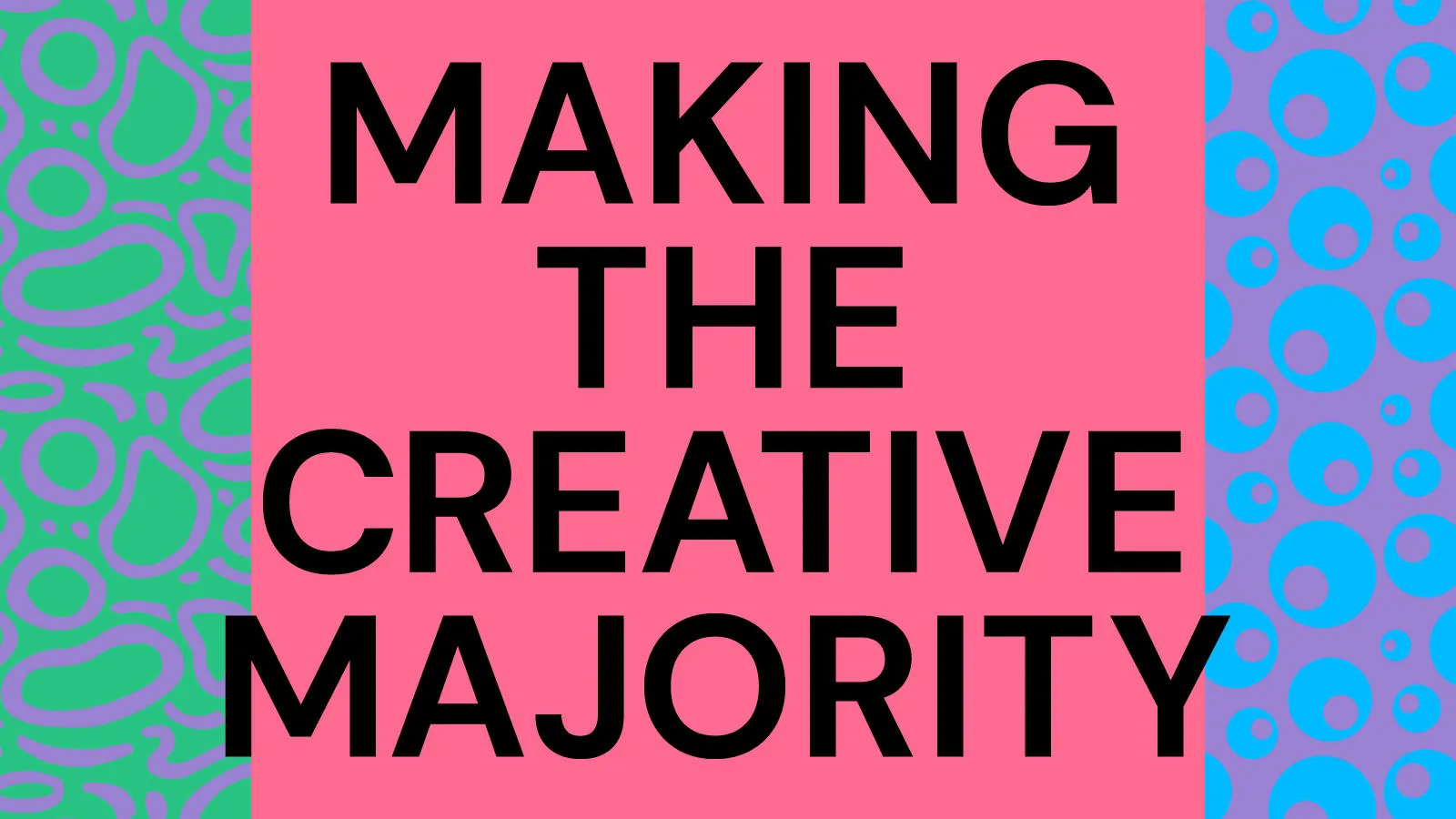
At the event at the House of Commons to launch the findings, Baroness Deborah Bull, co-chair of the APPG for Creative Diversity, celebrated the endeavor of ‘connecting evidence with policy’ with a view to improving the sector. She thanked the key collaborators – King's and King’s Culture, the University of Manchester, University of the Arts London, Creative Industries Policy & Evidence Centre (Creative PEC), YouTube and the Paul Hamlyn Foundation – for their support and work on the report.
Report authors Dr Tamsyn Dent and Professor David O’Brien presented key findings, highlighting the “important collaborative effort to give a range of evidence”. Their research indicates that the creative workforce is still dominated by graduates, with access to creative HE remaining highly unequal. The team’s comprehensive analysis of data shows inequalities of gender, ethnicity, and social class in applications, offers, and acceptances on creative HE courses, with white men with no disabilities who graduate from creative degrees are much more likely to get creative jobs than any of their peers.
The presentation included a series of targeted recommendations for UK Government and Higher Education Institutions to take forward. This includes a complete revision of creative and cultural education provision, and for Higher Education Institutions to urgently reconsider the relationship between creative education and access to creative and cultural work.
Explore the research here.
Closing the presentation, Dr Tamsyn Dent highlighted that we “must think of the creative economy as a wider ecosystem”, by looking at the entire process from childhood, through primary, secondary and higher education, and all the way through to employment.
The event concluded with a performance by Aseye Olympio and Ana Neves, who both learnt to play the violin through the Music Masters music programme. They performed Czardas for Two Violins by Monti, arranged by Kravchenko.
Read more about the research in this blog on Wonkhe:

